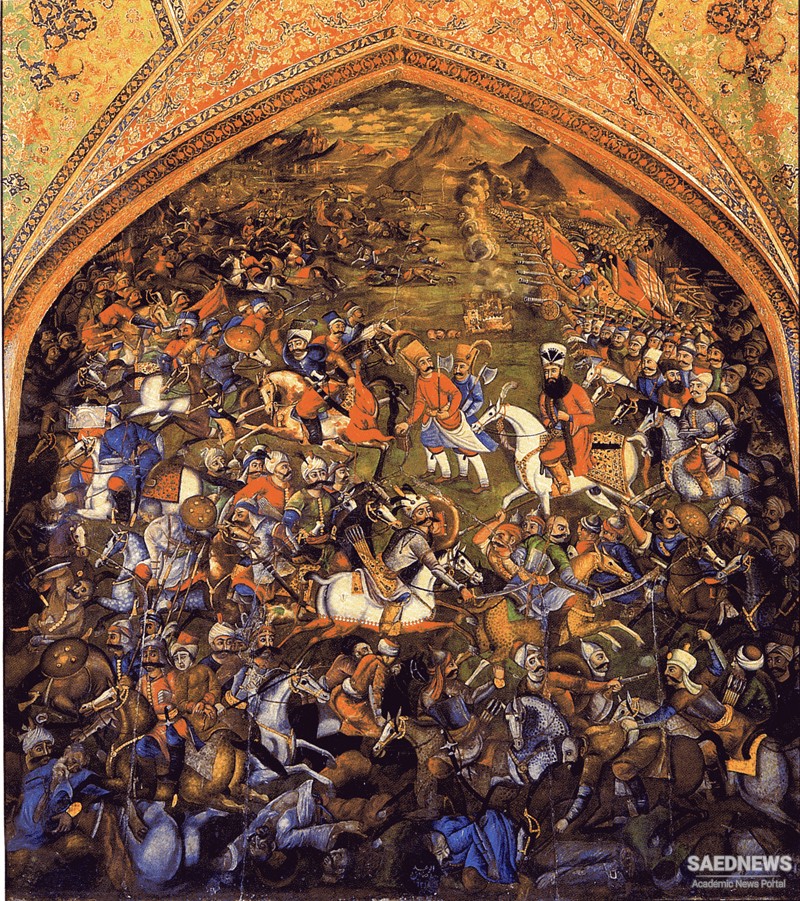After the conquest of Azarbaijan and eastern Anatolia Ismail turned his attention to Mesopotamia; its conquest began before 1507 with the capture of Mardin, the last bastion of the Aq Quyunlu, and was completed the following year with the capture of Baghdad. We do not propose to describe these campaigns in detail, but must discuss a little more closely a remarkable exploit which followed the conquest of Baghdad. This was a campaign to the southern Persian province of Khuzistan, directed against ultra-Shia sectarians who had lived there since 840/1436 under the name of Musha'sha' . According to the testimony of a Safavid chronicler they had at that time a leader named Sayyid Fayyaz and professed the heretical belief that Ali, the fourth Caliph and first Imam of Twelver Shia Muslims, was God and that finally their leader Sayyid Fayyaz was also an incarnation of God. We are also told that at their prayer meetings they recited verses about Ali Ildhi and so on, thereby achieving invulnerability: if they then tried to thrust a sword into their bodies, it left no wound — on the contrary, the blade would bend like a bow.Certain aspects of the teaching of these sects, of which we have more detailed knowledge, bring to mind notions which we know to have occupied Isma'Il, above all the exaggerated adulation of Ali. There seems to be further proof here that such ideas were in the air at the time. Naturally, it is easy to see that such extreme viewpoints could scarcely coexist harmoniously, the less so when they were linked with rival political claims. It is not surprising that Ismail refused to tolerate in others religious demands similar to those which he voiced himself. The Khuzistan campaign ended the independence of the kingdom of Haviza. Sayyid Fayyaz was killed in battle. Soon, however, his brother Sayyid Falah took his place. With him began a line of princes who were vassals of the Safavids except when they were prevented from fulfilling their allegiance by the Ottomans. Under their rule the border country of 'Arabistan around Haviza formed a kind of buffer state between the Ottomans and the Safavids and rendered the Safavids in particular valuable services. We must not forget either the way in which the rulers of Haviza mediated between the Persian and Arabic cultures (Source: The Cambridge History of Iran, Vol. 6).


 Safavid Kingdom: Turkmen Soldiers and Iranian Civil Servants
Safavid Kingdom: Turkmen Soldiers and Iranian Civil Servants














































